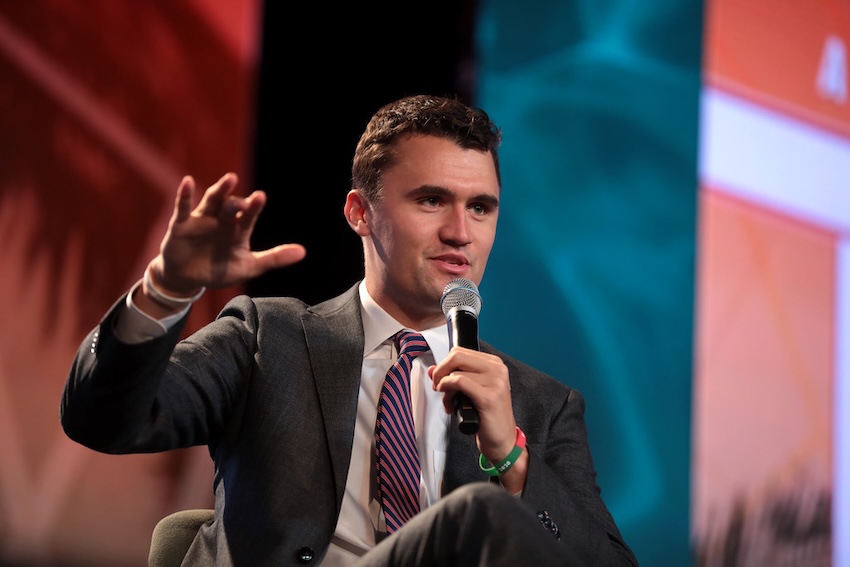The Winter Olympics display world-class athletes every four years, with the recent 2010 Vancouver games being held from Feb. 12-28.
While the athletes pursue medals and fame, millions of spectators around the world tune in on television to watch the competitions.
However, the arrival of the Olympics also strikes a responsive chord among the student body. For sophomore Tyler Zaentz, the event motivates him to work toward personal goals.
“The success of those in the Olympics inspires me to pursue my own dreams,” Zaentz said. “It would be awesome to compete at that high of a level of competition with everyone in the world watching. I wouldn’t want to play in the Winter Olympics because of the risk of injury, but they encourage me to get better at golf so someday I can play in the Ryder Cup.”
Competitors in the Olympics often struggle against various forms of adversity and obstacles while chasing their goals of success. As a noteworthy example, American speed skater J.R. Celski overcame a bloody crash on the ice.
The question of whether he would be able to skate again pervaded the minds of many supporters. However, Celski made a full recovery and went on to claim the bronze medal in the 2010 Winter Olympics.
For senior Tyler Revis, a major shoulder injury hindered his ability to play football his senior year. Yet despite the pain, Revis led the Eagles to the playoffs as captain of the team.
“The only way I overcame my shoulder injury was through the prayer of my teammates and the favor of God,” Revis said. “The verse that motivated me was, ‘No greater love than to lay your life down for your brother.’ Desire mixed with God’s vision makes any task possible.”
In the same way that Olympic athletes must wait four years to compete, Revis felt that his fourth year in high school marked the last opportunity for him to succeed.
“When I was preparing over the summer and in the spring for this season, I told my family many times that I felt like an athlete preparing for the Olympics,” Revis said. “They only have one shot for something they love and I knew that I only had one senior year.”
While the Olympics may motivate personal dreams, they can also stimulate the ambitions of nations.
“The success of those in the Olympics is inspiring because it shows that, as Americans, we can rise above people’s expectations and prevail when the odds are against us,” Doug Daniel, ’10, said.
Despite daily homework and extracurricular activities, some students managed to devote specific time to view the international competitions.
“I spent anywhere between 3-9 hours a night watching an array of different events,” Austin Rurik, ’12, said. “The games spur such a love of country and a love of the competition that I can’t help but watch them.”
For more coverage of the 2010 Vancouver Olympics, read the Feb. 26 column, Olympics promote friendly international competition.






